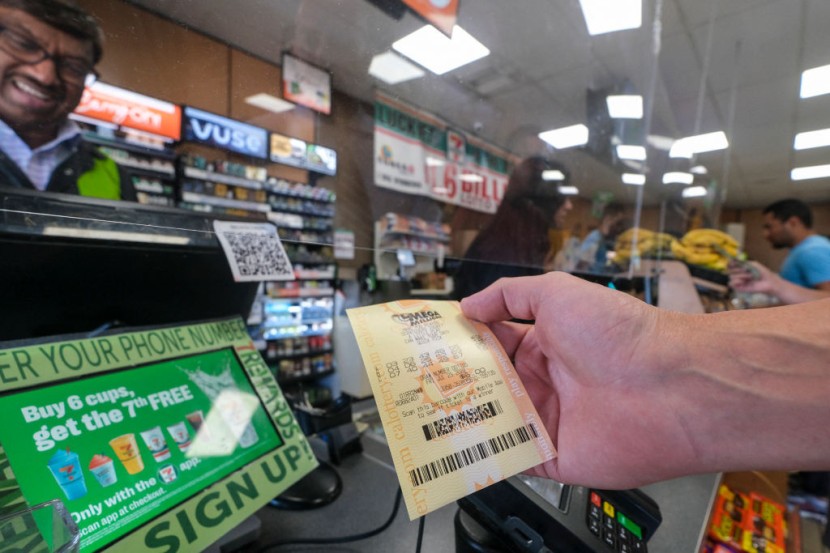
The Mega Millions jackpot is getting close to $1 billion since there was no winner in the drawing on Tuesday night.
According to the Mega Millions website, the Mega Millions jackpot on Friday will be an estimated $940 million, with a cash option of $483.5 million.
This Mega Millions jackpot ranks as the sixth highest in US lottery history and the fourth largest in Mega Millions history.
The following were the winning numbers in the Mega Millions January 3:
- Mega Millions winning number 25-29-33-41-44 and Megaball 18
- Megaplier was 4x
The Mega Millions jackpot on Tuesday was worth an estimated $785 million. The cash value of the jackpot was $403.8 million.
The most recent Mega Millions jackpot was won on October 14 when lottery participants in Florida and California shared a $494 million prize, which at the period was the 11th-largest Mega Millions jackpot.
According to the website for the Powerball lottery, the current value of the jackpot is $291 million, while the amount that may be won in cash is $147.9 million.
Lottery winners in New Jersey had to be named until recently, but after Gov. Phil Murphy signed new legislation, they will be allowed to remain anonymous, per NorthJersey.
Biggest Jackpot Prizes in History
The last time a Powerball jackpot was this huge was on November 8th, when a lucky Californian took home $2.04 billion. Nobody has come forward to claim the award just yet, as per KMVT.
Mega Millions noted that in the game's 20-year history, only three jackpots have been greater than Friday's anticipated prize: the ones in 2018 ($1.53 billion), 2021 ($1.05 billion), and July 2017 ($1.33 billion).
The Mega Millions lottery is offered in 45 of the 50 states of the United States, as well as the District of Columbia and the Virgin Islands.
According to CNBC, if you win the Mega Millions jackpot, you may only cash in your ticket in the state where you bought it.
For your payment, there are two choices: One option is to get a lump payment equal to about half of the entire prize, while the other is to receive the money as an annuity paid out over 30 years.
Since a lottery jackpot may be reinvested and increase with compound interest over time, the vast majority of winners choose the lump sum payout.
Lottery Winners Must Pay Taxes
The federal government requires all lottery winners to pay taxes on their winnings.
Unless you managed to lower your tax obligation in the tax year that the jackpot's profits are included by millions of dollars, the amount you'd pay would very probably equal the maximum tax rate of 37%.
Lottery winnings are subject to state taxes, which range from zero percent in jurisdictions like California to a maximum of 10.9% in New York.
Ticket sales in New Jersey, New York, and Connecticut close at 10:45 p.m. on Tuesdays and Fridays for the next evening's drawing.
Deadlines vary by state, and in some cases may be more than an hour before the actual drawing. To avoid missing out on any potential winnings, you should contact your local lottery.
Related Article: Want To Get Tax Refund Early? See These Significant Changes Before Filing Your IRS Return!








